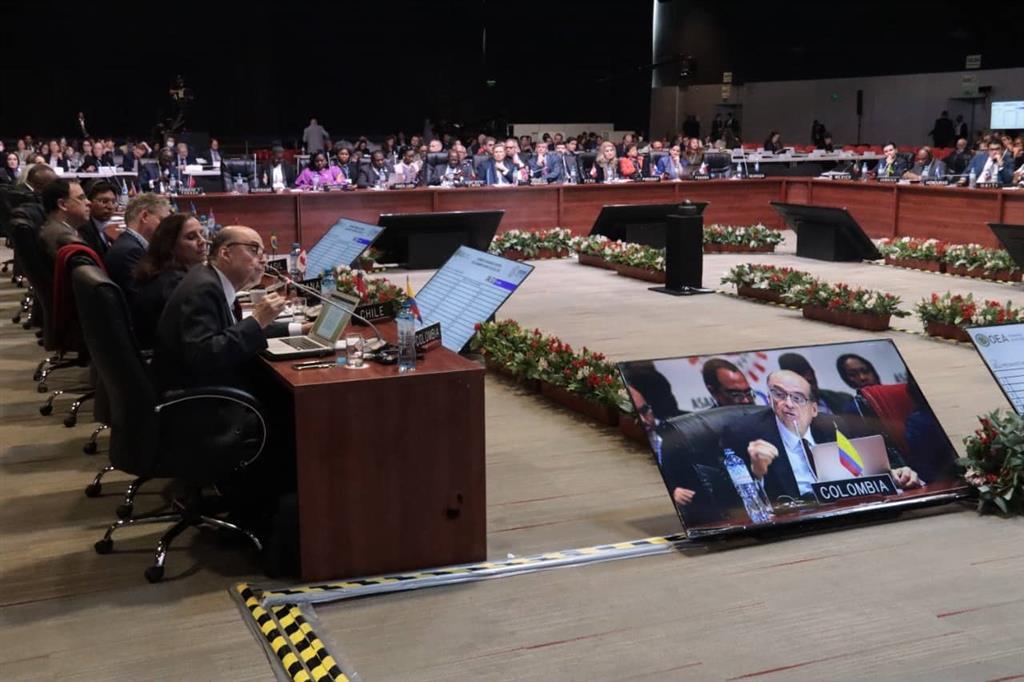Leyva recalled that the Antillean nation has served as a platform for negotiations with various insurgent forces since the 1970s, and the one begun with the National Liberation Army (ELN) was clumsily suspended ‘on the eve of achieving a second cessation of hostilities.
The decision to end talks adopted by then President Iván Duque (2018-2022) not only threatened the realization of peace, but also put relations with Cuba on edge and served as a pretext for its inclusion in the list of sponsoring countries of terrorism produced by the United States.
Duque requested the extradition of the ELN negotiating delegation, to which Havana refused in accordance with the provisions of the diplomatic protocol contained in the Vienna Convention, the Colombian foreign minister recalled.
‘The stubborn suspension (…) led to the inclusion of Cuba in a List of Terrorist Countries only for serving Colombia. It was indebted to thank their hospitality and effort,’ said the head of Foreign Affairs.
However, the context changed with the inauguration of President Gustavo Petro, who ordered the resumption of talks with the ELN and called for the rest of the armed groups operating in the country to join the Total Peace process.
Today, Leyva insisted, civilized conversations have been resumed with that armed group, one more chapter of our commitment to total peace and beyond our borders.
ef/oda/avs









